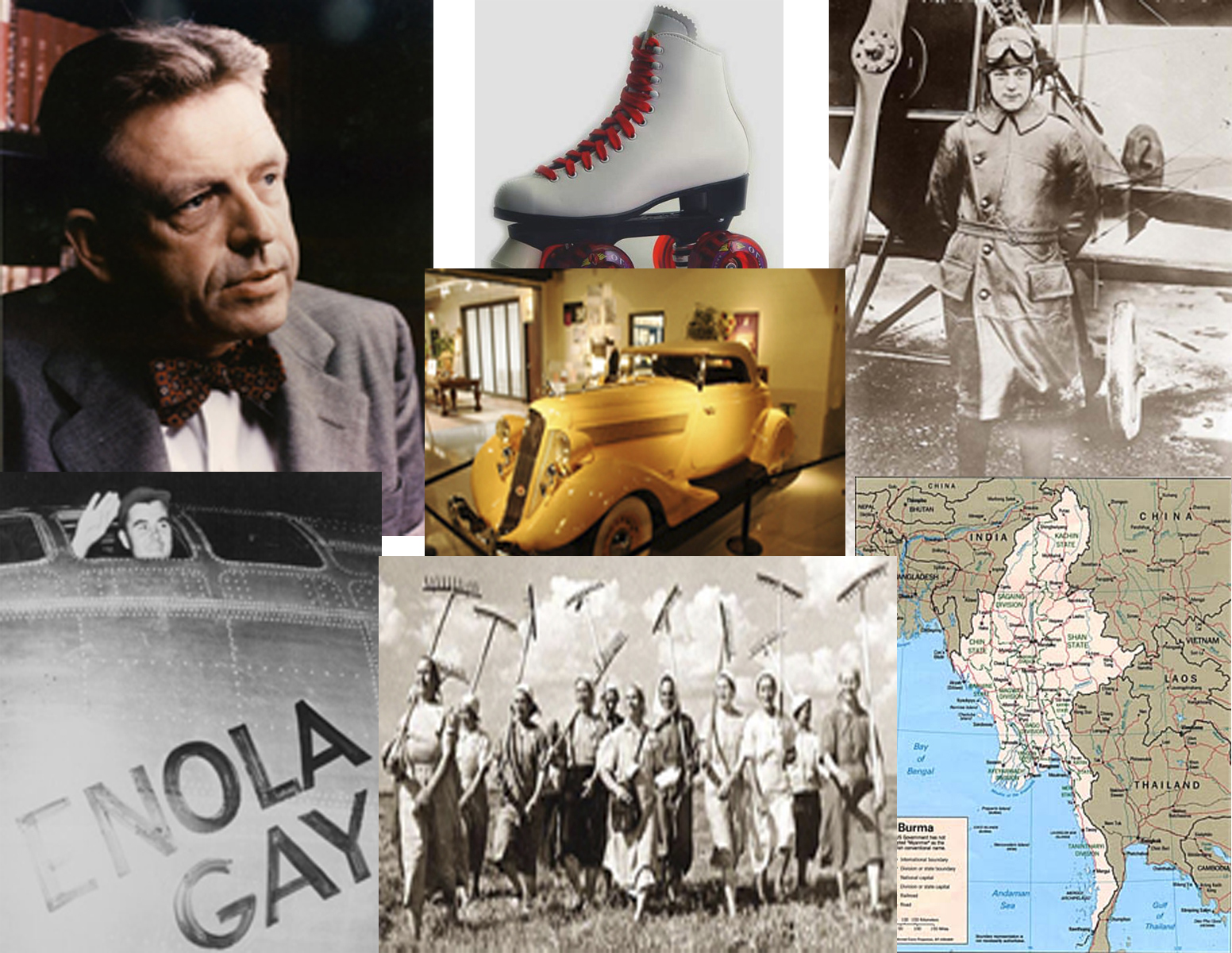111. Biography: Ignatius Donnelly, 1969-1973 1 Interview
Indiana University Center for the Study of History and Memory
This project contains an interview with Marion Woltman, the late Mr. Donnelly's wife. Ms. Woltman, born in 1877, discusses her marriage to the former congressman, author, and vice presidential candidate for the People's Party. She talks about her early childhood, in particular, her emigration to the United States from Norway. Ms. Woltman also speaks about her job as secretary for Mr. Donnelly at the Representative before they were married. Ms. Woltman reflects on her late husband's reading and eating habits and discusses the circumstances surrounding his death in 1901.

